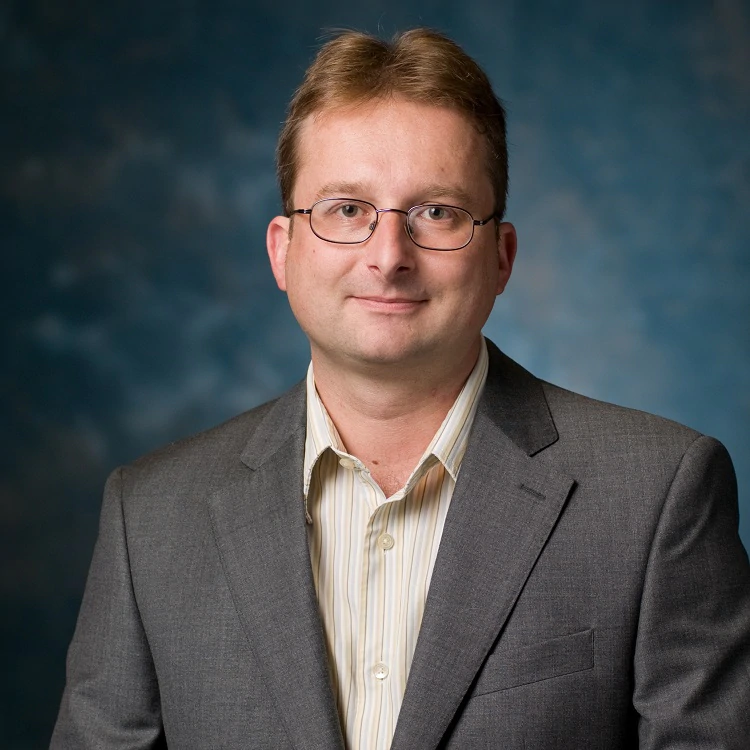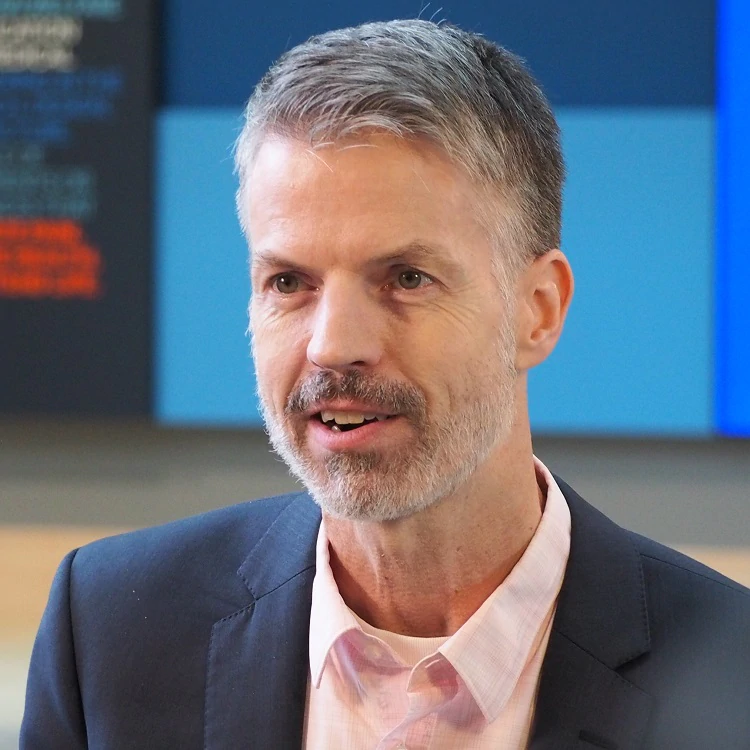Medtronic Explores The Next Frontier In Healthcare: Regenerative Medicine
A new partnership aims to accelerate tissue and organ replacement.
February 9, 2018 -- Medical researchers envision a day when a sick person with a diseased heart or other organ can get a new one, designed on a computer, made specifically for their personal anatomy and created from stem cells, or perhaps even their own cells, on a 3D printer.
The concept is known as regenerative medicine and researchers, governments, and industries all over the world are trying to make it a reality.
“It’s not science fiction,” said Michael Hill, Ph.D, vice president of corporate science, technology and clinical affairs at Medtronic. “Regenerative medicine will play an incredibly important role in the future of medical technology, and Medtronic intends to be part of it. Proof of concept in humans has been demonstrated in several areas such as cartilage replacement, vascular vessels for bypass surgery, trachea reconstruction, and others. The task at hand is to develop the capability to move from creating one vascular vessel to producing hundreds of thousands of these each year in a consistent high quality and reliable manner and transport these all over the world in sterile and functional condition. This capability stills needs to be created."
>
'This isn't science fiction. It's not a matter of if this happens. It's a matter of when.'
--- Michael Hill, Ph.D., vice president of corporate science, technology and clinical affairs
That’s why Medtronic has agreed to a seven-year strategic partnership with the Advanced Regenerative Manufacturing Institute (ARMI), which was established in 2016 with an $80 million grant from the U.S. Department of Defense. The collaborative effort is intended to figure out how to create, and manufacture on a large-scale, patient-specific tissue and perhaps someday even working organs. The consortium is led by Dean Kamen, inventor of the Segway and co-founder of FIRST (For Inspiration and Recognition of Science and Technology). He is also president of DEKA Research & Development Corporation.
“It’s pretty obvious that with advances in stem cell technology, computer science, engineering and 3D printing, we will one day be able to create bioartificial tissue and implantable organs,” said Markus Reiterer, senior principal scientist at Medtronic. “It’s been proven on a small scale that these things can be done. Then the question becomes how to get that work out of the lab and mass produced to help the most people. That’s where the ARMI partnership will be critical.”
Reiterer and Hill agree the first devices from regenerative medicine (also known as biofabrication) could be products such as ligaments and cartilage for knees, bio-fabricated skin, bone or spine devices such as discs or vertebrae. And many of these devices may someday be custom-made for individual patients, to specifically match the needs of their anatomy or pathophysiology. Functioning organs, such as hearts or pancreases, are much further down the road.
Vision and Potential
“This work is going to take many years,” Hill said. “This partnership is an important step in that long journey. The vision and potential are there, and now we need to develop the regulatory sciences needed to demonstrating safety and efficacy of individualized manufactured products; manufacturing capability, technology and standards; and distribution capability to realize it.”
ARMI has raised $294 million in government and private investment, and it has already approved nine “quick start” programs to show advancements toward commercial production. Medtronic has committed to providing both financial and in-kind support for the seven-year project.
“There will be a lot of successes, but there will be a lot of failures along the way, too,” Hill said. “But it’s not a matter of if this happens. It’s a matter of when. Regenerative medicine and tissue engineering are consistent with our Mission – ‘to contribute to human welfare using biomedical engineering’ and Medtronic is leading in this collaborative effort to create meaningful innovation.”

